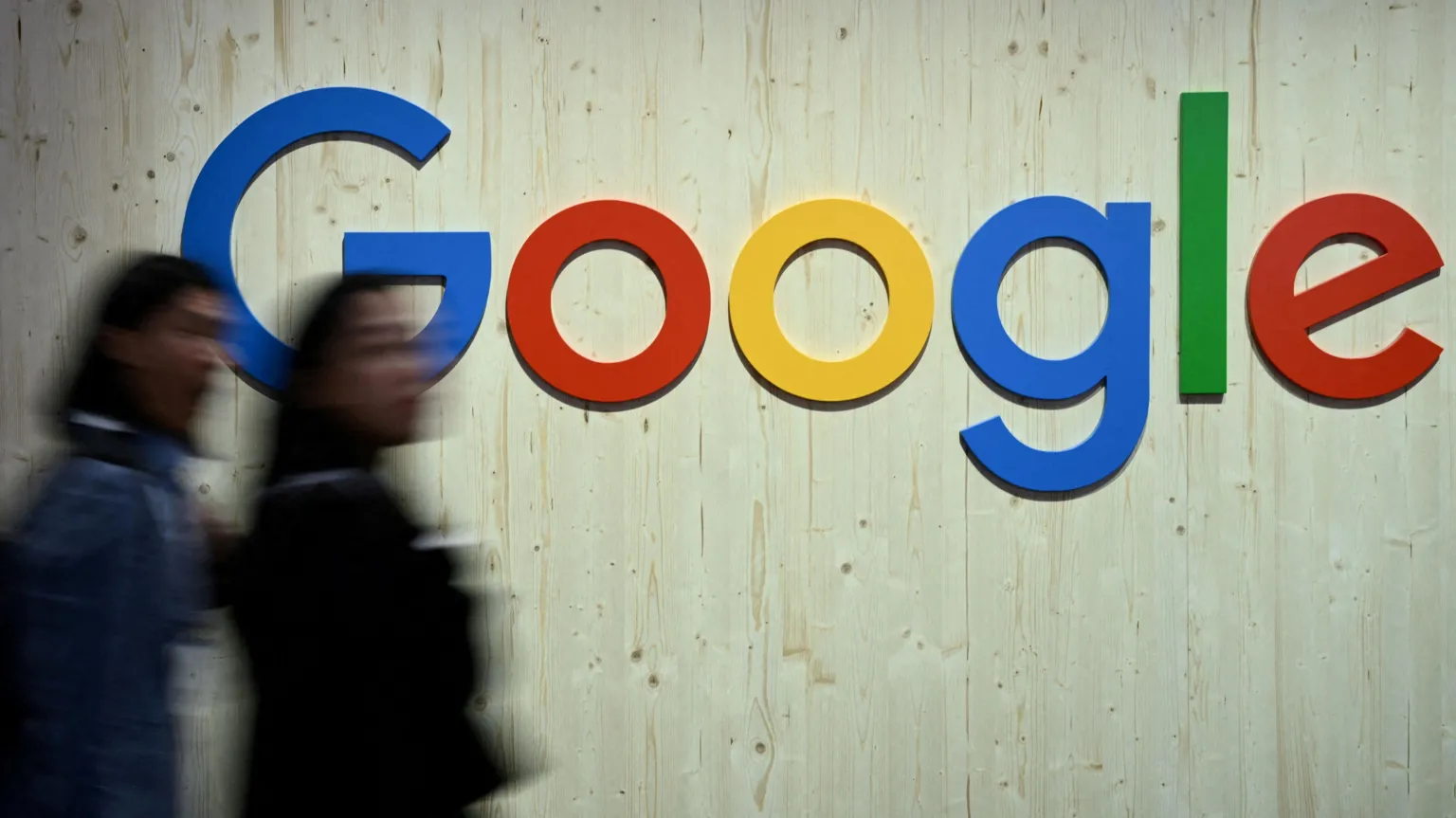Google uses nuclear power to run data centers for AI

Google announced that it has signed an agreement with Kairos Power to use small nuclear reactors that will generate the massive amounts of power needed to run data centers serving artificial intelligence (AI) systems. As part of the agreement, the first reactor will begin operation this decade, with several additional facilities planned to come online by 2035.
According to the agreement, the first reactor will begin operation this decade, with several additional facilities scheduled to come online by 2035.
Nuclear power for AI: a new approach to energy
With the surge in demand for computing power for AI, tech companies are increasingly turning to nuclear energy sources to power their data centers. Michael Terrell, senior director of energy and climate at Google, noted the importance of finding new sources of energy to support AI:
Michael Terrell, senior director of energy and climate at Google, noted the importance of finding new sources of energy to support AI.
«This agreement helps accelerate the deployment of new technology to meet energy needs cleanly and reliably, and unlock the full potential of AI for all».
.
Although neither Google nor Kairos Power has disclosed details of the deal’s value or the location of future reactors, the use of small nuclear reactors (SMRs) is emerging as a promising option for tech giants looking to reduce carbon emissions while increasing the energy intensity of their infrastructure.
While neither Google nor Kairos Power has disclosed details of the deal’s value or the location of future reactors, the use of small nuclear reactors (SMRs) is becoming a promising option for tech giants looking to reduce carbon emissions while increasing the energy intensity of their infrastructure.
Rising interest in nuclear power among tech companies
Google is far from the first company to turn to nuclear power to support its operations. In September 2024 Microsoft struck a deal to restart a nuclear power plant at Three Mile Island, the site of the worst U.S. nuclear accident in 1979. In March Amazon announced the acquisition of a nuclear-powered data center in Pennsylvania.
Amazon announced the acquisition of a nuclear-powered data center in Pennsylvania.
Nuclear power, which is virtually carbon-free and provides 24/7 electricity, has become increasingly attractive to the technology sector. As companies look to reduce their emissions while increasing their energy consumption due to the rise of AI and cloud technology, nuclear reactors may be the ideal solution.
Nuclear reactors may be the perfect solution.
Benefits and Risks of Nuclear Power
The advantage of nuclear energy is that it is a virtually carbon-free source capable of generating electricity 24/7, which is especially important for data centers that must operate around the clock. This makes it particularly attractive to technology companies looking to be environmentally responsible.
So it’s a great choice for data centers that need to operate 24/7.
Nuclear power is not without its critics, however. Opponents point to serious safety risks and long-term problems with the disposal of radioactive waste that has remained hazardous for millennia. Nevertheless, companies such as Google and Microsoft see nuclear power as a way to reliably and environmentally meet their growing electricity needs.
Nuclear power
is the only way to reliably and environmentally meet their growing electricity needs.
The Future of Nuclear Power in the Technology Industry
As AI technology continues to evolve and the need for computing power grows, we can expect other tech giants to follow the lead of Google, Microsoft and Amazon by expanding the use of nuclear power to support their infrastructure. This will not only help address energy consumption, but will also be a step toward a more sustainable future for the industry.
Industry.








